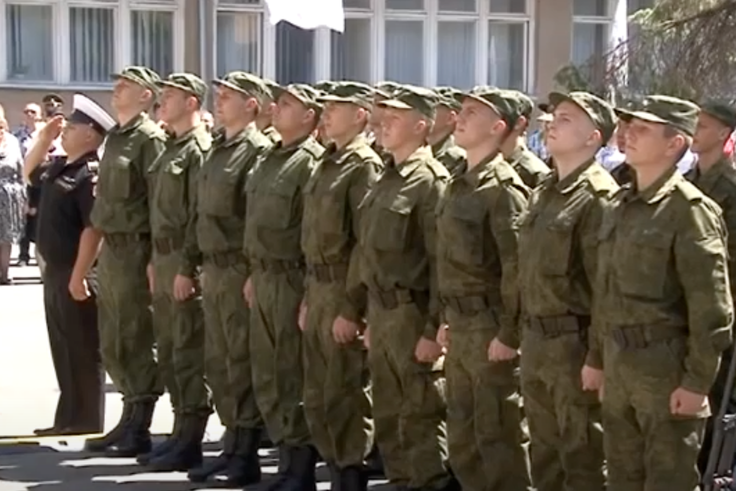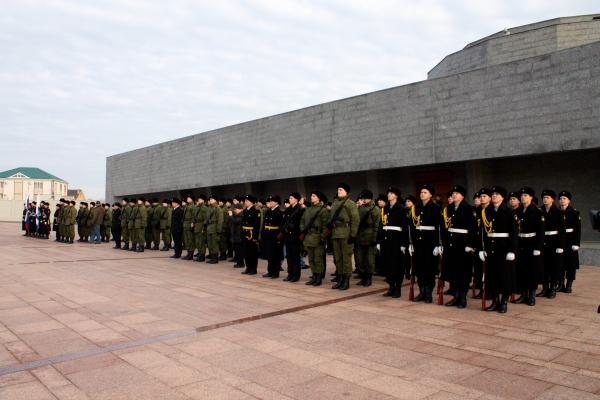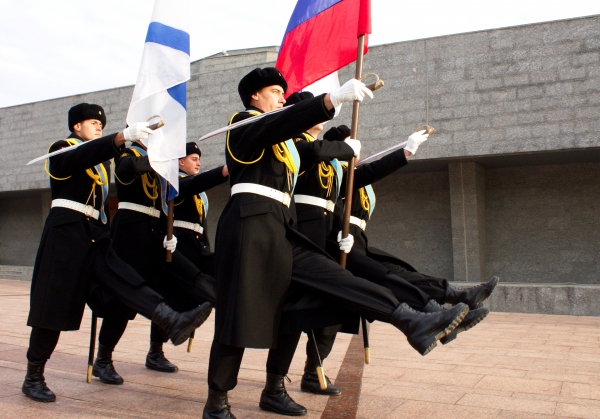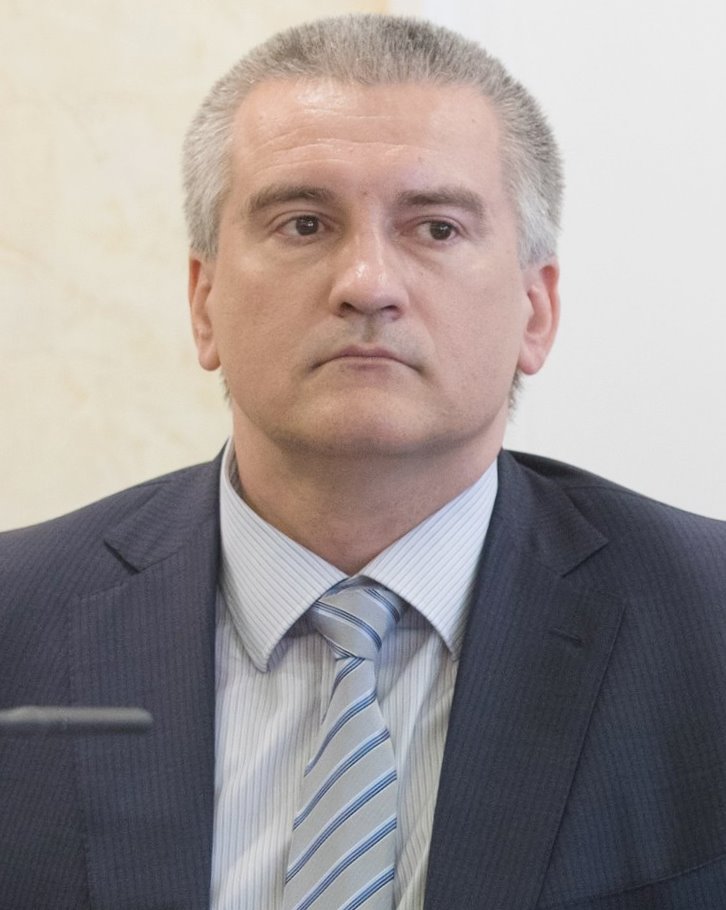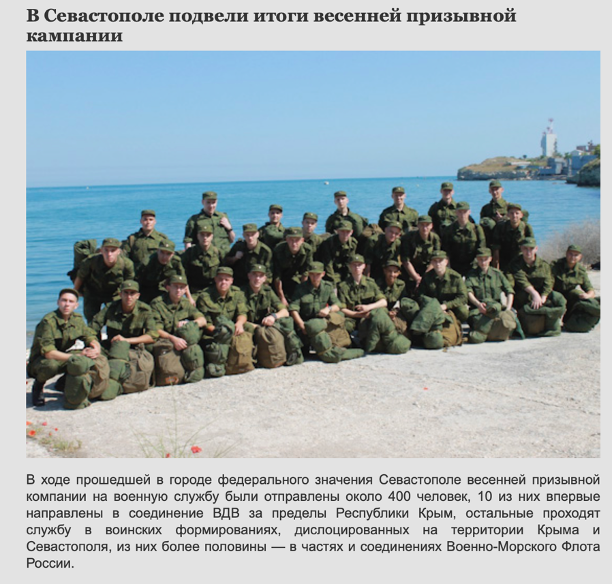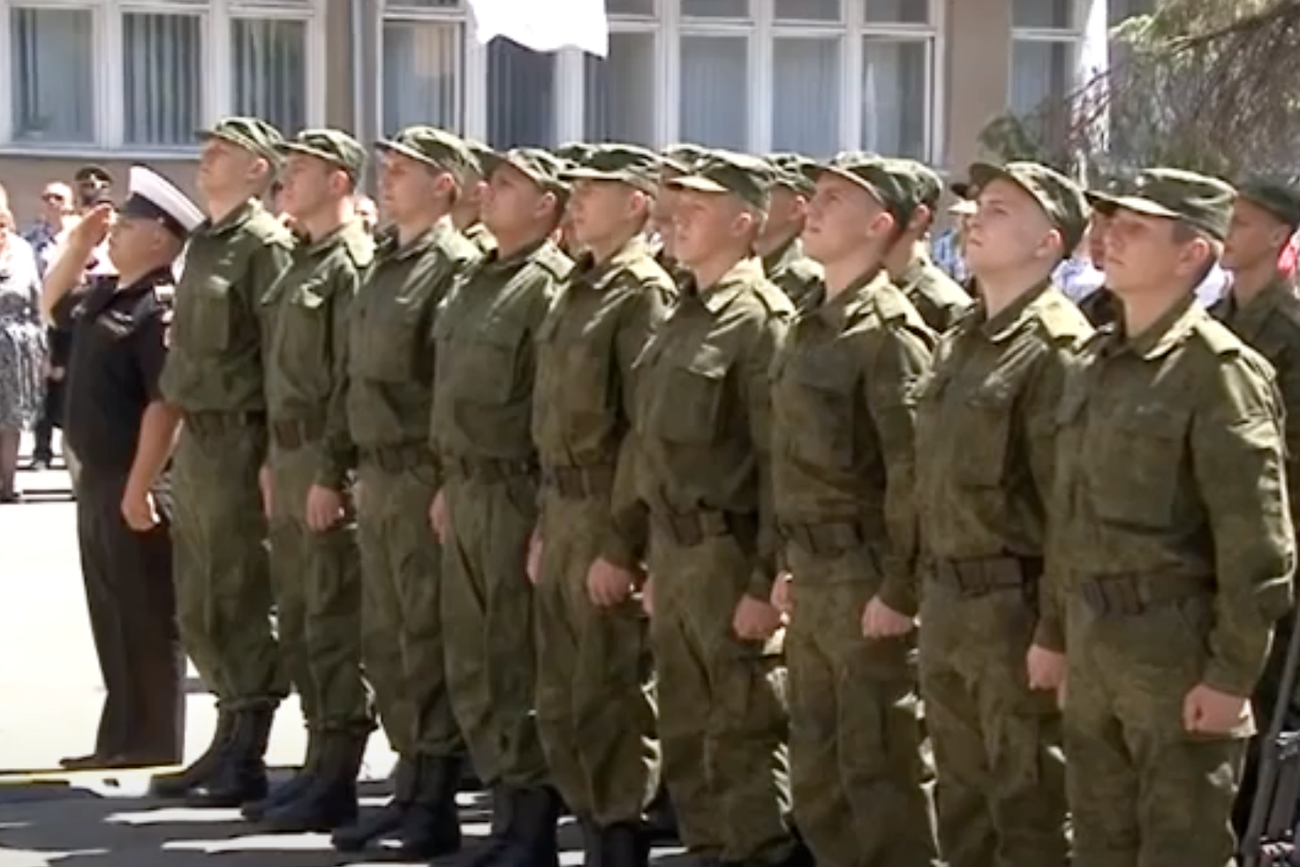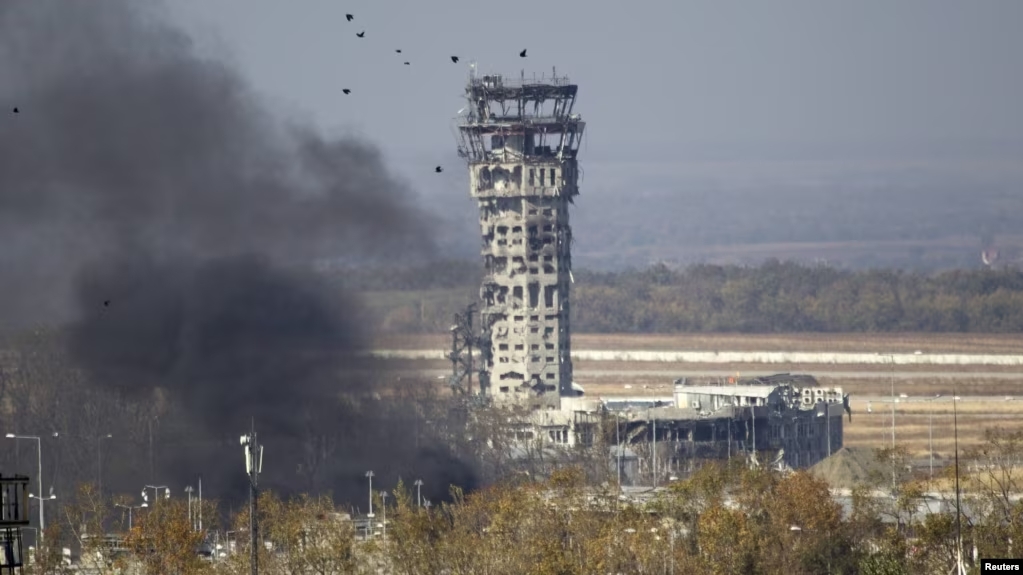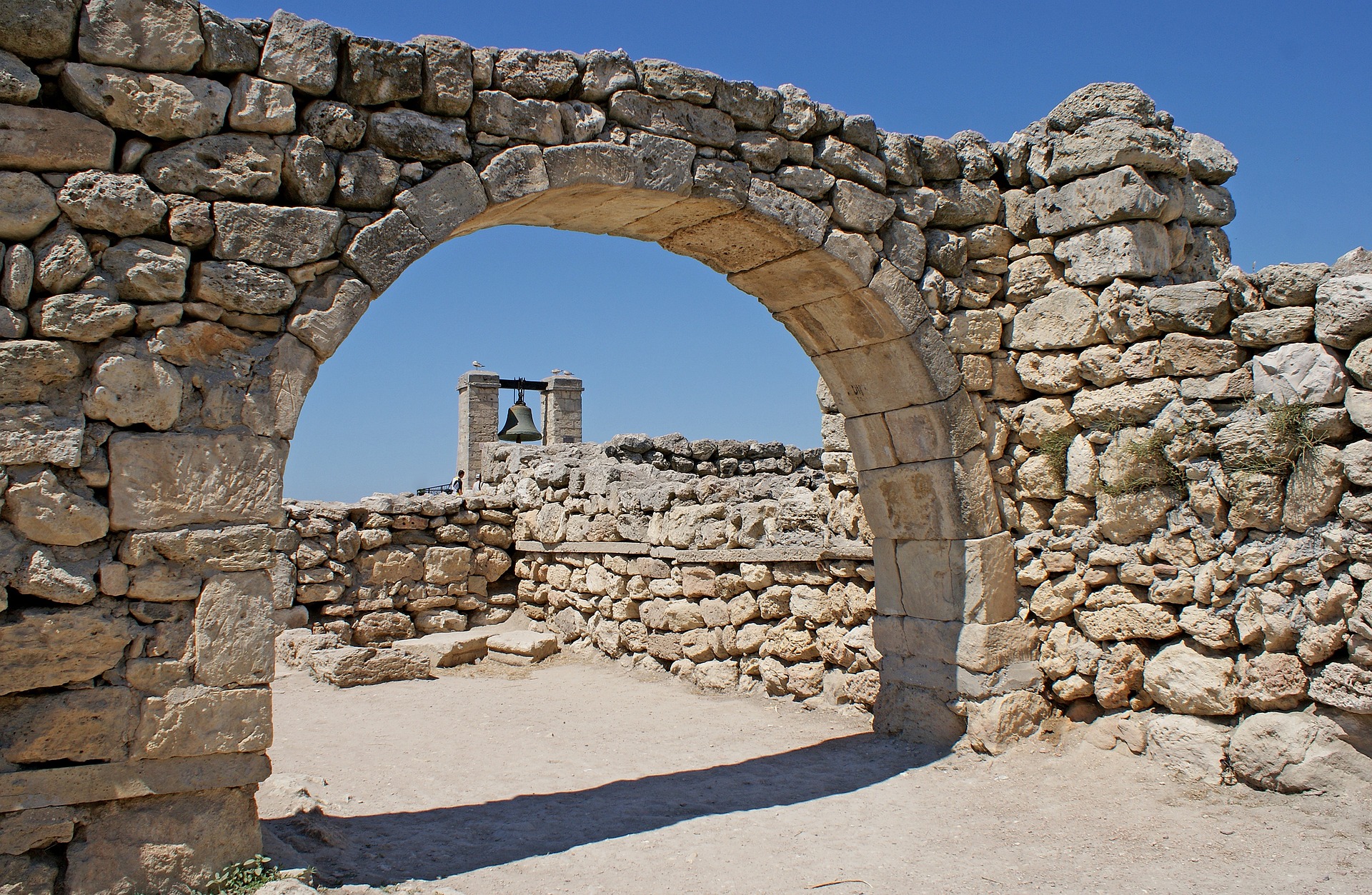By the end of 2020, Russia has already carried out 12 mobilization campaigns, drafting at least 28,044 individuals in Crimea. And the number of conscripts has been growing year after year; 1,542 Crimeans were drafted in 2015; 4,500 in 2017, and 6,300 in 2020.
In the limited media space of the occupied peninsula, it is easy to circulate myths about persecution by Ukraine of the Crimeans who were compelled to serve in the Russian army. The number of such individuals has dramatically grown in recent years. Thus the occupation administration continues the policy of the Russian Federation aimed at altering the demographic composition of the local population, since Crimeans are actually forced to leave the peninsula in order to avoid illegal conscription into the army of the occupying state or criminal liability for "evasion" from such a service. These actions grossly violate international humanitarian law and constitute a war crime under the Rome Statute.
However, according to international and Ukrainian laws, it is not the conscripts who are to blame for the war crimes, but rather the officials of the Russian Federation and representatives of the occupation authorities.
Accordingly, the latter are the criminals whereas the conscripts are regarded as victims of this crime by the law enforcement agencies of Ukraine and, therefore, are exempt from any legal liability.
Under the Convention relative to the Protection of Civilian Persons in Time of War and the Rome Statute of the International Criminal Court, the occupying state is prohibited from forcibly drafting the population of the occupied territory into its armed forces. Meanwhile, evidence of this war crime perpetrated by the Russian Federation in Crimea has already been collected by human rights activists and the prosecutor's office of the Autonomous Republic of Crimea and the city of Sevastopol. These materials have also been forwarded to the Prosecutor of the International Criminal Court. In December 2020, Prosecutor Fatou Bensouda announced the conclusion of the preliminary examination of the situation in Ukraine. The Office of the Prosecutor concluded that there was reasonable basis to believe that a broad range of conduct constituting war crimes and crimes against humanity had been committed in the context of the situation in Ukraine, including the conscription of Ukrainian citizens to the armed forces of the Russian Federation in the occupied territory of the Autonomous Republic of Crimea and the city of Sevastopol. This decision is bringing closer the day when the leadership of the Russian Federation is held responsible for criminal acts and occupation.
 Ukraine, Crimea, Simferopol, 152 Kyivska str.
Ukraine, Crimea, Simferopol, 152 Kyivska str.
 2015-04-01
2015-04-01
